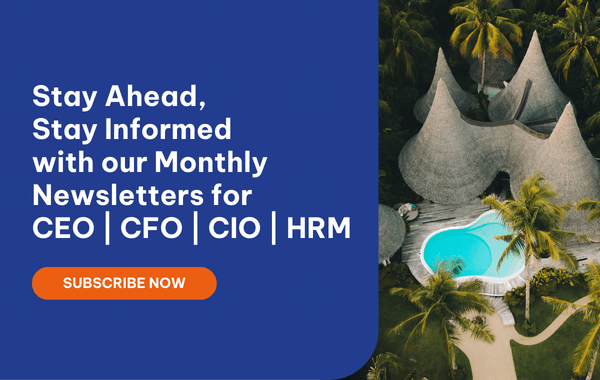Investing in an Enterprise Resource Planning (ERP) system is a big decision to make. Its typical lifespan can range anywhere from 7 to 15 years, sometimes more. After this mark, should businesses consider to upgrade their ERP solution or replace it with something completely new?

In this article, we’ll be only looking at the “upgrading your current ERP solution” aspect, why should you upgrade, and what are the factors that tell you it’s time to do so.
Infographic: A comparison of tier 1 ERP vendors
Why should companies upgrade their ERP systems?
As mentioned above, a typical ERP system lasts anywhere between 7 to 15 years. It is a long time and considering the rate at which technologies are being developed today, a lot of things can happen during these years.
Technology advancements can help businesses to gain competitive advantages. Therefore, always keeping up-to-date with the changes in the industries as well as the technologies are very critical.
Lacking the suitable technology can result in a lower productivity, a decrease in revenue as well as many missed opportunities in general. Technology plays an essential part in enabling scalability as your business starts to grow.
Read more: 7 questions a CEO should consider before starting an ERP project
According to the Aberdeen Group, the benefits of using the latest ERP version can be described as below:
- A total of 13% decrease in operating costs.
- 70% more likely to share and integrate data with cross departments, extended partners, customers, stakeholders, etc.
- Easy and instant remote/ mobile access anytime.
- Learn more from the best practices.
If you are not convinced yet, consider this: out-of-date ERP systems are difficult to support and maintain. Having said that, not all updates are necessary; you need to ensure that along with the updated technologies, the new version must also provide faster adaptability, increase usability, and not to mention, productivity.
Read more: Maximise manufacturing productivity with Infor CloudSuite Industrial 9.01
When should companies upgrade their ERP systems?
ERP implementation is a huge investment thus everyone expects the system, once deployed, should be up and running without a hitch. Though upgrading might not be as expensive as replacing the entire legacy system, this still takes up a lot of considerations.
Read more: What to look at when choosing ERP products and vendors for your business
Consider upgrading your ERP system if your organisation experience any of the following factors:
- It’s become more difficult to find qualified support; The current version is no longer supported by the vendors.
- The newest ERP version is customisable or offers special functions that your organisation is lacking.
- The current version is not at all user-friendly, making training and daily use a challenge.
- You are unable to obtain the latest, most relevant data.
- The current solution cannot give you remote or on the go access.
- The current ERP system does not offer a competitive edge to match with the dynamic market today.
Read more: Customer experience (CX) in ERP implementation
When organisation obtained the latest ERP solution, they are faced with new opportunities, much better collaboration, data integration, analytics, and mobility which can greatly help businesses to cope with the changing demands in today’s market. Few projects are as essential to the growth of the company as an ERP project. Therefore, pay extra attention to it and make it run flawlessly as best as you can.
Still have questions? Talk to our consultants today by simply click the below button!
 English
English  Vietnamese
Vietnamese 


